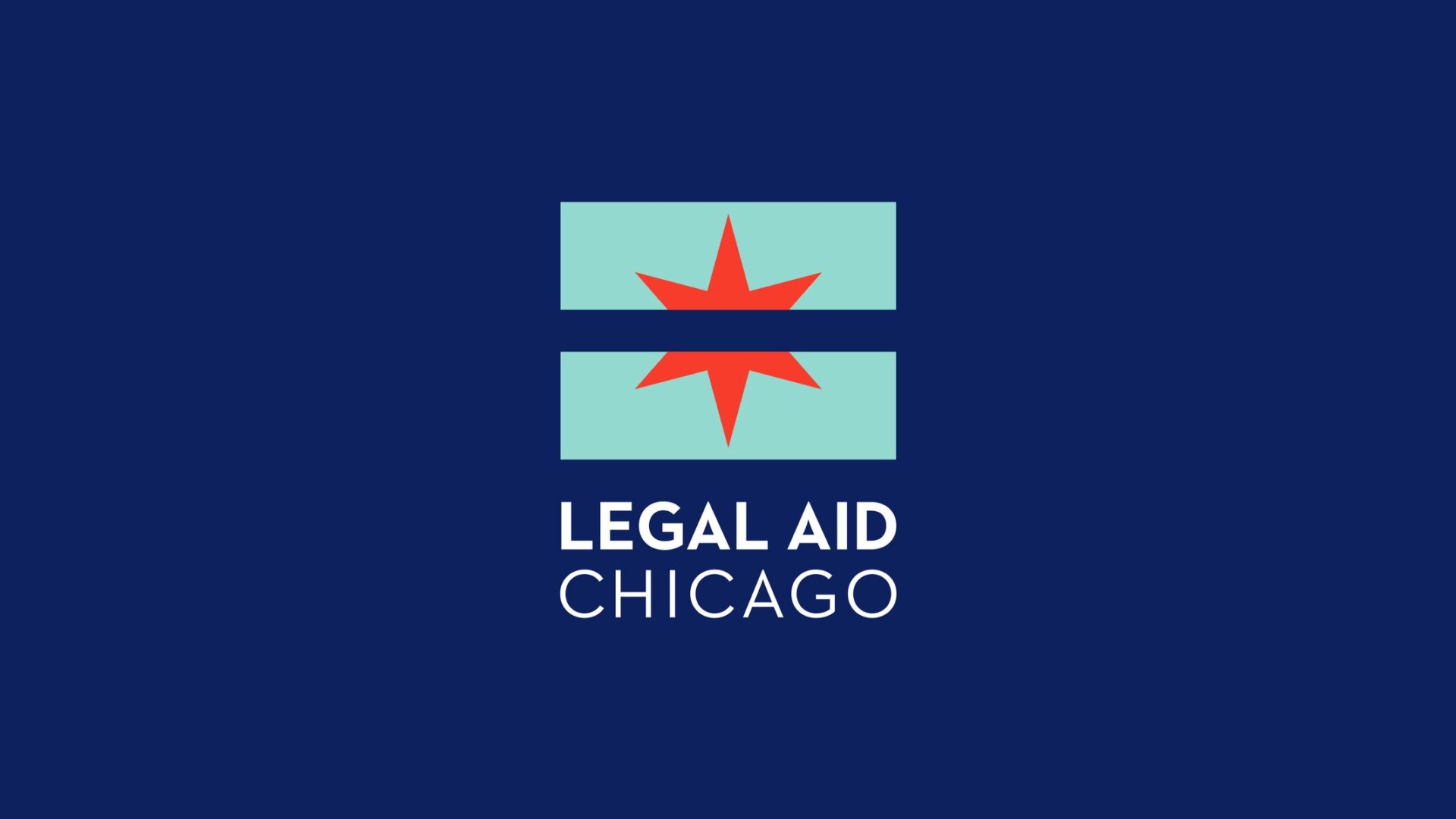Our Professionalism Spotlight series highlights Illinois legal professionals who demonstrate the ideals of professionalism and a commitment to equitable, efficient, and effective justice in Illinois.
In this Professionalism Spotlight, we spoke with Katherine (Kate) Shank, CEO and Executive Director of Legal Aid Chicago.
Kate joined Legal Aid Chicago after graduating from Northwestern University Pritzker School of Law. She began her career as an AmeriCorps Fellow attorney primarily focused on domestic violence and family law, as well as eviction prevention and bankruptcy.
She has worked with law firms and law schools to increase Legal Aid Chicago’s capacity to serve low-income clients and to create a pipeline of attorneys who are knowledgeable and care about access to justice for people living in poverty.
She served as Legal Aid Chicago’s Deputy Director and Chief of Staff before becoming CEO and Executive Director.
How has your practice evolved?
Legal Aid Chicago serves clients throughout Cook County and represents some statewide. It is important that we reach clients in a variety of locations and with the support of community-based partners.
In the last few years, we have further grown our connections with partners and expanded the locations where clients can meet with us in person. In addition to our main downtown Chicago office, we serve clients onsite in neighborhoods across the city and at the suburban courthouses in Bridgeview, Markham, Maywood, Rolling Meadows, and Skokie.
We began a new Medical-Legal Partnership with UChicago Medicine, providing in-hospital legal support to trauma patients injured by violence. We also established a relationship with the Harold Washington Public Library where we primarily serve clients who are homeless.
What is one piece of technology you cannot function without?
I find it difficult to work solely on one monitor having grown accustomed to the luxury of having several screens open at once. Plus, the small laptop screen is hard on my eyes!
How do you manage your well-being?
I entered the field of civil legal aid – serving people in very challenging situations and often with recent trauma – with the intention of making it my life’s work. It was therefore important that I quickly developed good habits and perspectives that would help support my commitment.
Particularly when I was representing clients directly, it was essential for me to realize the boundaries of what I could achieve as their lawyer and what needs were best handled by other professionals.
Recognizing my limits and knowing resources that I could share with my clients allowed me to best focus on what I could do for them and provided some peace of mind that resolving the entirety of their challenges did not lie with me.
How do you remain civil in tense situations?
As an attorney who focused on divorce and other contested family law matters, I definitely found myself in many tense conversations and situations. Though it could be difficult to keep things civil, I knew I was more likely to achieve success and justice for my clients if I approached every interaction with calm and respect for all involved.
Also, sometimes a decision or resolution has to be made in the moment, but often, taking a beat, and letting tempers cool, can create a better result.
How can attorneys advance diversity, equity, and inclusion in the legal profession?
Attorneys can actively support hiring practices and policies that promote equity and encourage diversity within their firms and organizations. Creating and sustaining meaningful relationships with law students, particularly those without family connections to legal practice, can also help cultivate a pipeline of diverse talent.
What is an attorney’s role in furthering public confidence in the rule of law?
There is a tremendous justice gap in our country. A 2022 study by the University of Chicago for the Legal Services Corporation revealed that low-income Americans did not receive any or enough legal help for 92% of their civil legal problems.
Retaining an attorney is financially out of reach for tens of millions in our country, requiring people to stand alone when trying to protect their rights to safety, property, and economic stability. Our legal system is complex and, too often, people without an attorney are denied the rights our laws provide. This result understandably erodes public trust in our legal system.
Financially supporting organizations that represent low-income people without charge and providing pro bono representation in partnership with those organizations are two ways attorneys can help make our justice system fair and equitable for everyone, increasing trust in our legal system.
What is one piece of advice for young lawyers?
There are so many ways to have an interesting and impactful career as an attorney. Do what you can to find work that excites and motivates you and avoid being steered into a particular practice because it’s what’s expected.
I am privileged to have a career I love and I wish all attorneys could have the same level of fulfillment with their work as I do with mine.
What do you think is the biggest challenge impacting lawyers today?
Navigating rapid advancements in technology, especially with AI, is extremely challenging. Balancing the efficiencies and ethical concerns that technology provides with the human interaction that clients need requires careful thought and intentional decision-making.
What do you do for fun?
I have lived in my Chicago neighborhood for over 20 years. It’s endlessly interesting to me to be out and about with my family or to go for a walk with a good podcast and my dog. If the outing incorporates a stop at a donut shop, all the better!
Plus, if I’m near a good dance floor, it’s hard to get me off of it.

